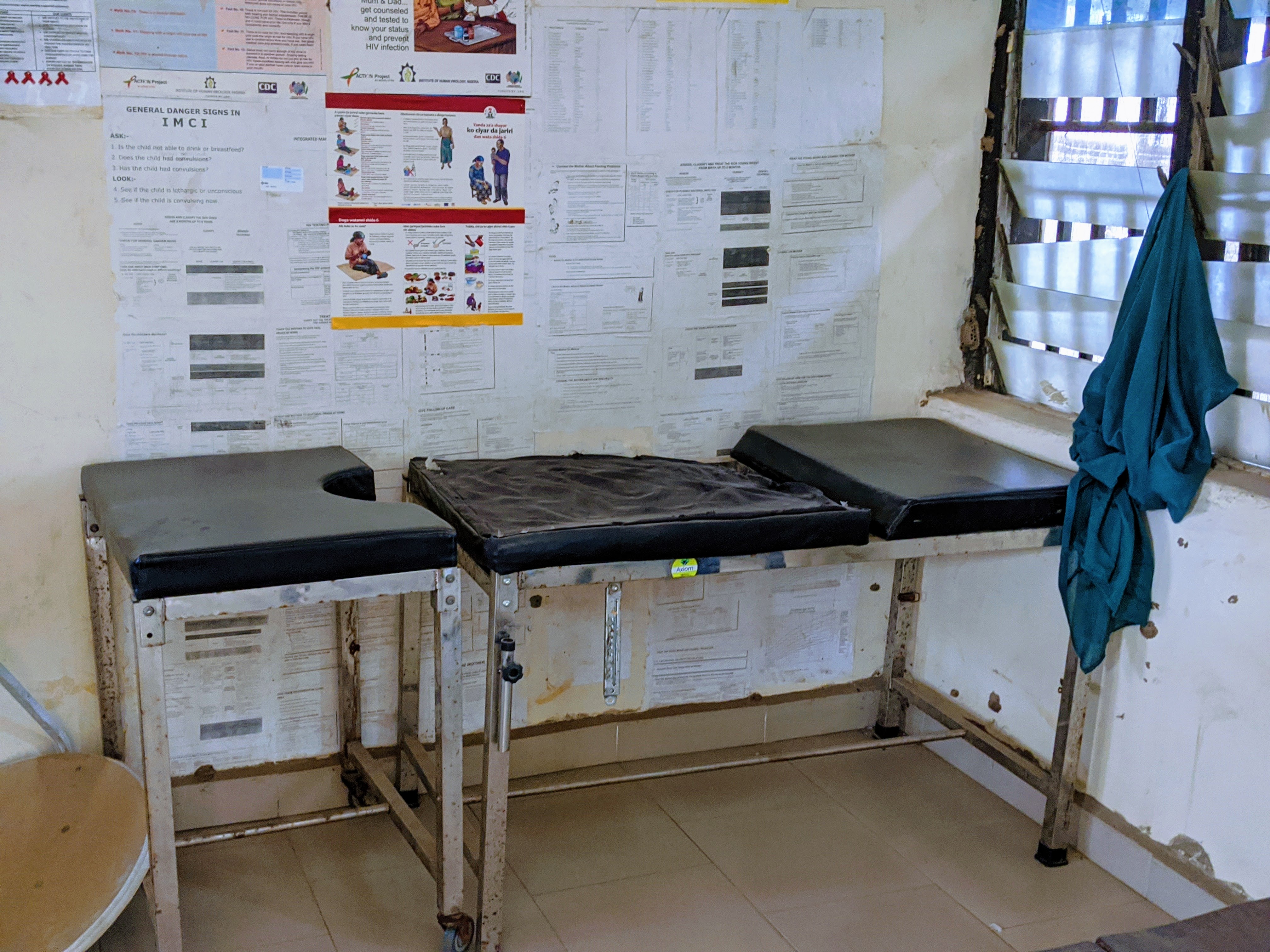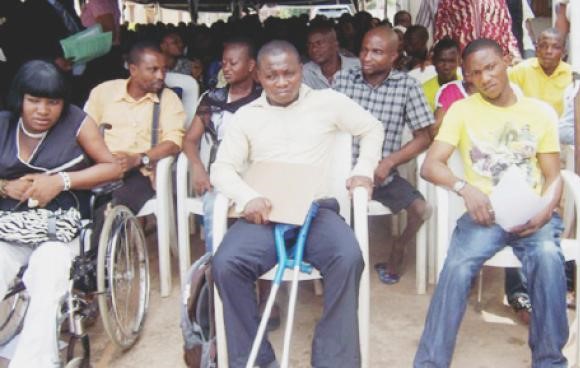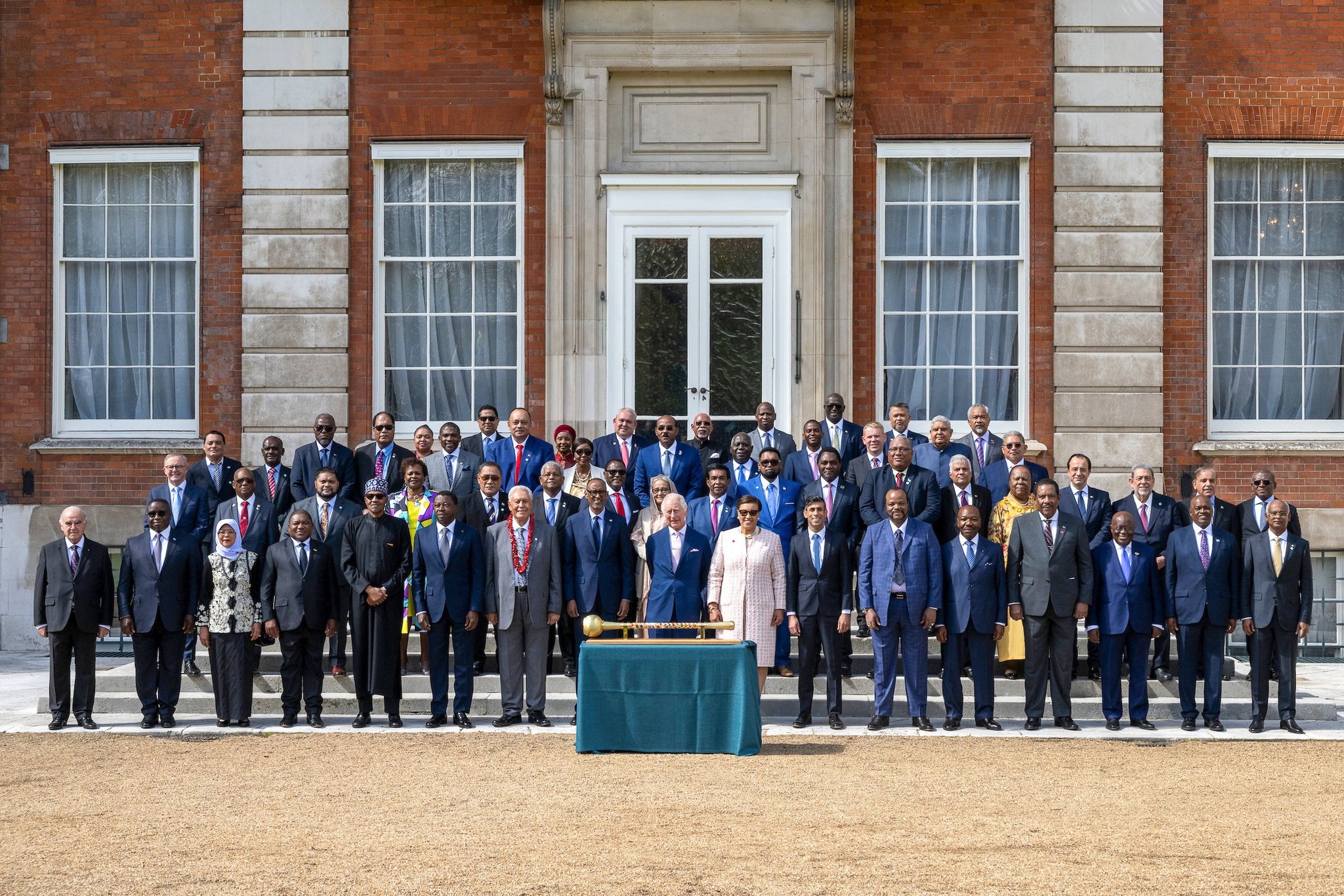Safe Birth Centre, Awe Primary Healthcare Centre
Goke Akinrogunde, a medical expert at GTAK health sono-imaging centre in Lagos, says the federal government should prioritise the lives of citizens by allocating adequate funds to the primary health care facilities.
Speaking in an interview with LN247 on Friday, Akinrogunde said most of the primary healthcare centres in Nigeria were not functioning.
He said the government needs to address the shortage of human resources, poor infrastructure, underfunding and lack of alignment between donors in the health system.
“If you value the life of a Nigerian without exception, which is basically what primary healthcare is talking about, it should be health that can be assessed by all regardless of the geographical placement,” he said.
Advertisement
“By basic health, what do we mean? It’s difficult to say it is universal but in a setting like Nigeria where about 60 percent of recurring illness revolves around common illnesses like malaria and for childhood diseases, you have infections like diarrhoea, these are diseases that really don’t cost much, it doesn’t cost much to treat malaria but that costs much is relative.
“For somebody like you or like me, where we say a typical anti-malaria drug goes between N1,000 to N3,000 but when you go back to the macro settings of the society itself, we say Nigeria is the poverty capital of the world and it is a place whereby about 130 million people are said to be in a position to be classified as extreme poverty, which means that making N1,000 a day is a luxury for many people.
“It is appalling how people handle some disease conditions. If somebody has for example a condition like diarrhea, the simple thing to do is to go to the hospital, especially in the local areas which is the focus of primary healthcare but most of the facilities that we have are not functioning.
Advertisement
“A recent statistic which is generally referred to now shows that out of the 30,000 healthcare institutions across the country, just about 20 percent of them are said to be functioning optimally. Most of the 20 percent are still within settings that are still relatively urban.
“There are a lot of works commissioned by the government itself, researches that are sponsored by governments and some sponsored by foreign agencies but the problem is just to prioritise it.
“It has been a while since we have up to 10 percent budget allocation by the federal government. For a long time, it’s not even gone to 10 percent, it hovers between four and six percent. And another challenge is that the percentage is going but not being accounted for.
“You can have the infrastructure but if you don’t have well-trained managers to properly manage it, there is a problem. Minimally, a primary healthcare centre should have an x-ray, ultrasound machine and laboratory workers, but we have very little of this. We should look at previous interventions with strong political will.”
Advertisement
Add a comment






